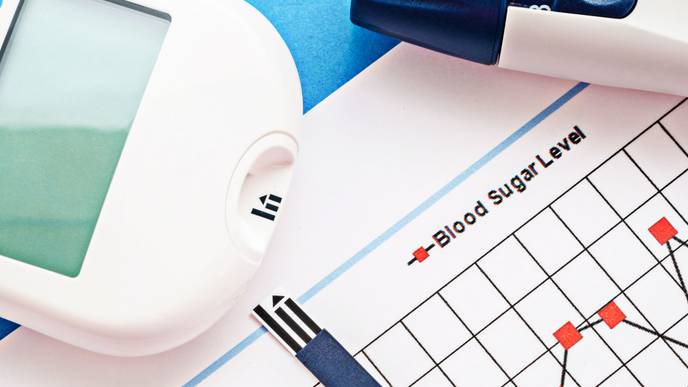ReachMD
Be part of the knowledge.™Overnight Glucose Intake Linked to Functional Limitations the Following Day in Type 1 Diabetes Patients

A new study published in Diabetes care suggests that overnight glucose levels indicate difficulties with objective and self-reported functioning the next day and can have a negative effect on all patient-reported outcomes.
Although type 1 diabetes has been shown to have a negative impact on functioning, or the capacity to carry out everyday tasks, the effects of abrupt changes in blood glucose levels are less clear. Thus, in order to identify the causal link between overnight glucose uptake and the functional limitations of the following day, Elizabeth Pyatak and colleagues carried out this study.
In adults with type 1 diabetes, dynamic structural equation modeling was used to see if overnight glucose (coefficient of variation [CV], percent time 70 mg/dL, percent time >250 mg/dL) predicted seven next-day functioning outcomes (accelerometry-derived physical activity, mobile cognitive tasks, self-reported activity participation). Researchers investigated mediation and moderation, as well as whether short-term associations predicted overall patient-reported results.
The key findings of this study were:
Overnight CV (P = 0.017) and percent time >250 mg/dL (P = 0.037) predicted overall next-day functioning.
Pairwise analyses show that time 70 mg/dL is linked with poorer sustained attention (P = 0.007), time >250 mg/dL is associated with greater inactive time (P = 0.024), and higher CV is associated with poorer sustained attention (P = 0.028) and reduced involvement in demanding activities (P = 0.028).
Sleep fragmentation plays a factor in how CV affects sustained attention.
Global disease intrusiveness is predicted by individual variations in the effect of overnight time 70 mg/dL on sustained attention (P = 0.016), and diabetes-related quality of life is predicted by these differences (P = 0.036).
In conclusion, the wide-ranging impacts of glucose variations on functioning in individuals with type 1 diabetes are highlighted by these studies across a variety of outcomes.
Reference:
Pyatak, E. A., Spruijt-Metz, D., Schneider, S., Hernandez, R., Pham, L. T., Hoogendoorn, C. J., Peters, A. L., Crandall, J., Jin, H., Lee, P.-J., & Gonzalez, J. S. (2023). Impact of Overnight Glucose on Next-Day Functioning in Adults With Type 1 Diabetes: An Exploratory Intensive Longitudinal Study. In Diabetes Care. American Diabetes Association. https://doi.org/10.2337/dc22-2008
Facebook Comments